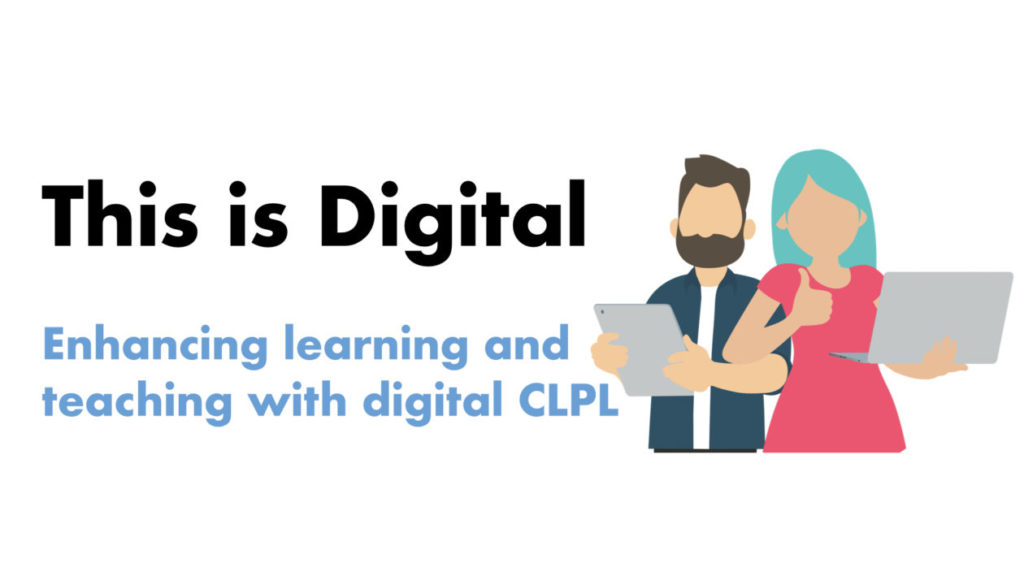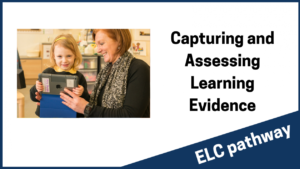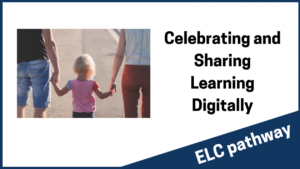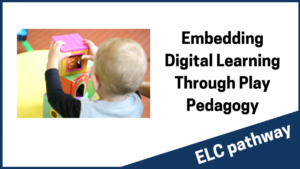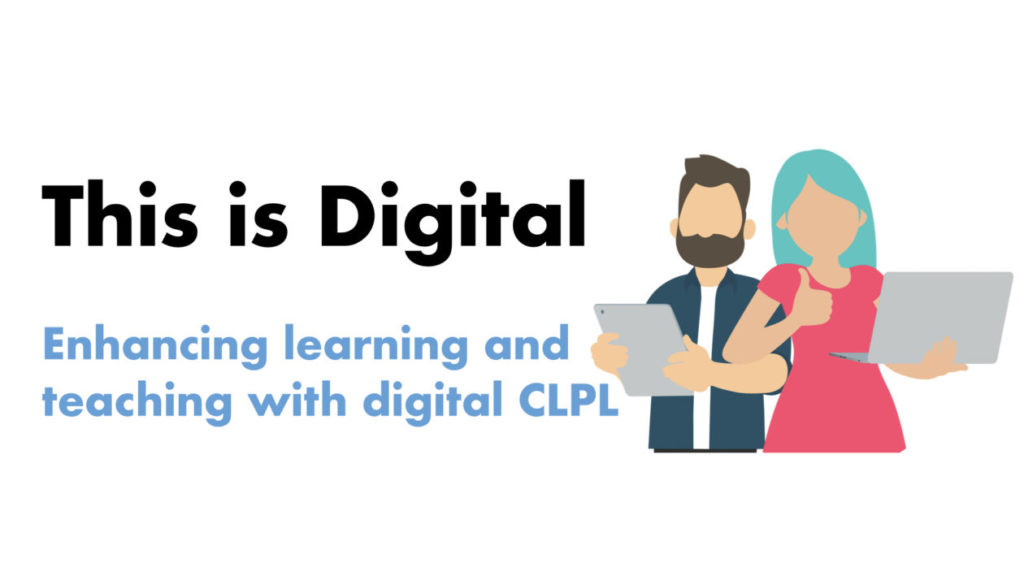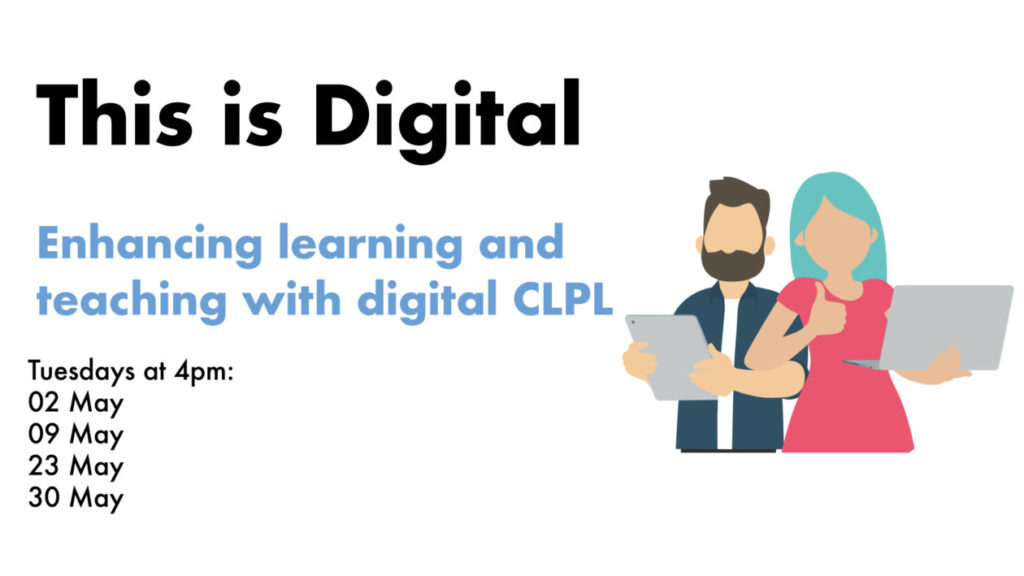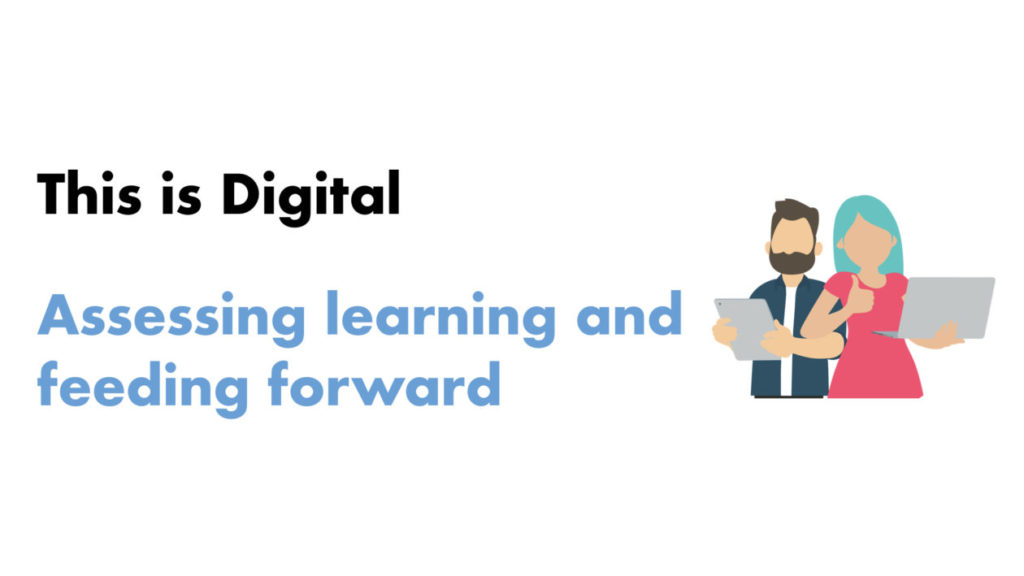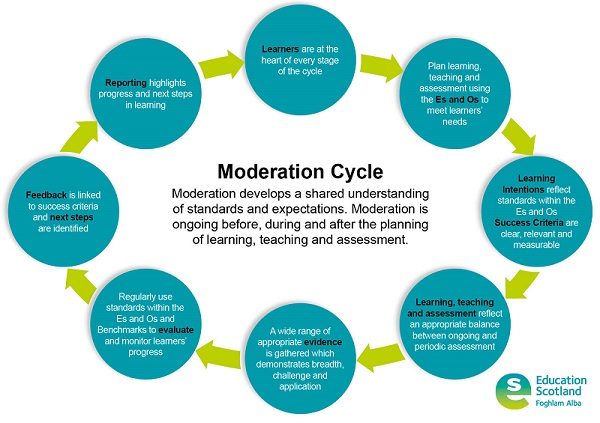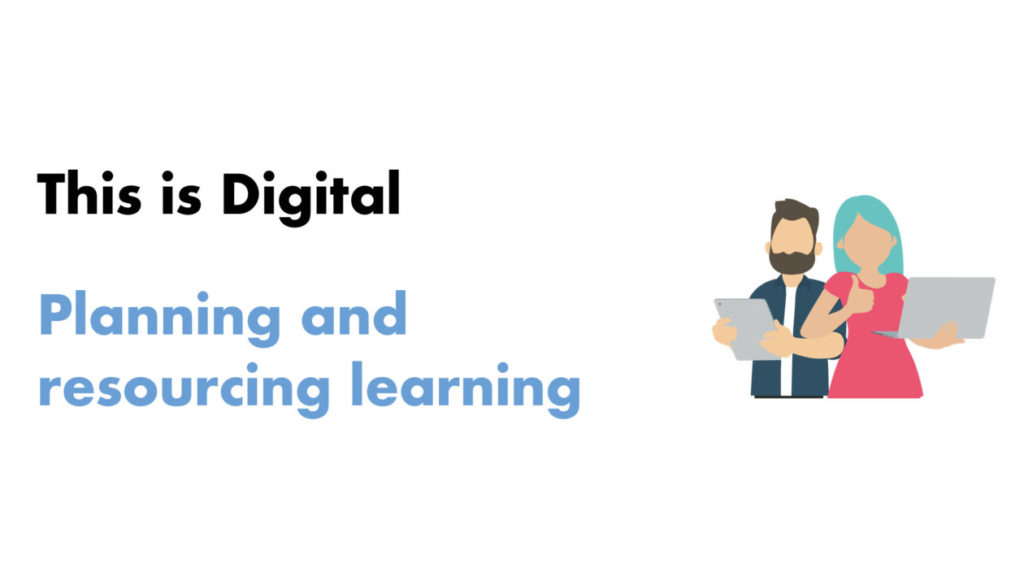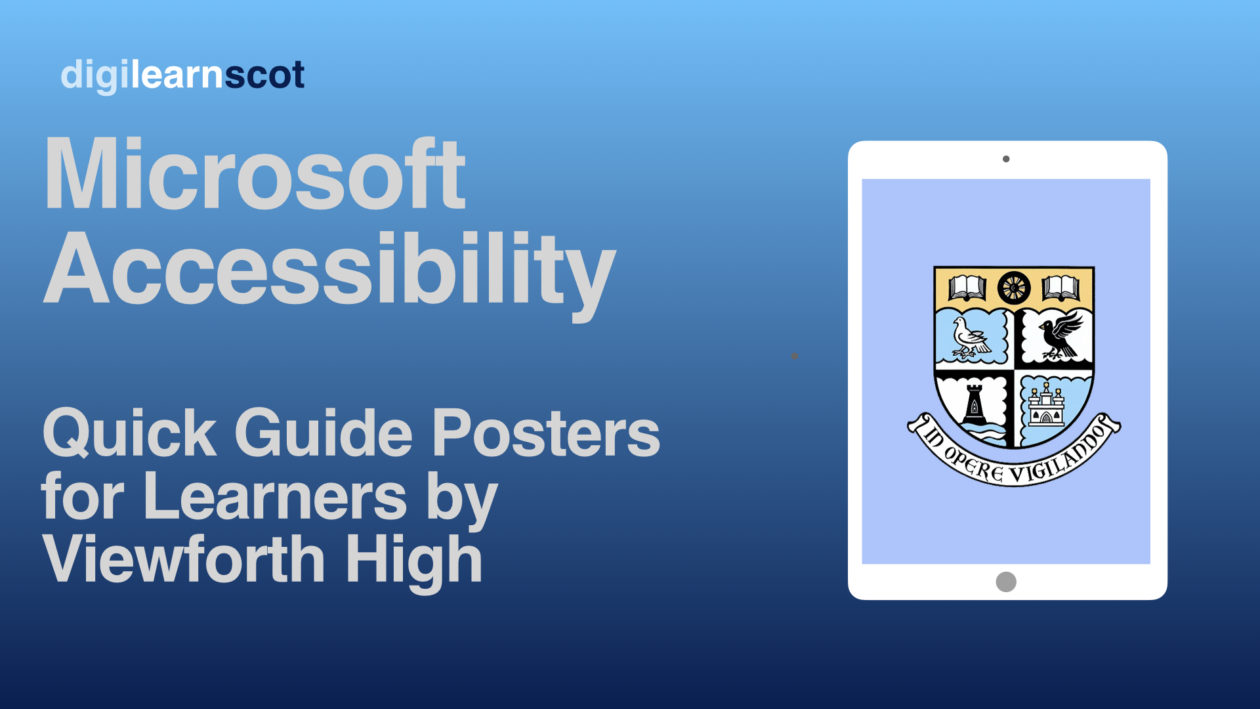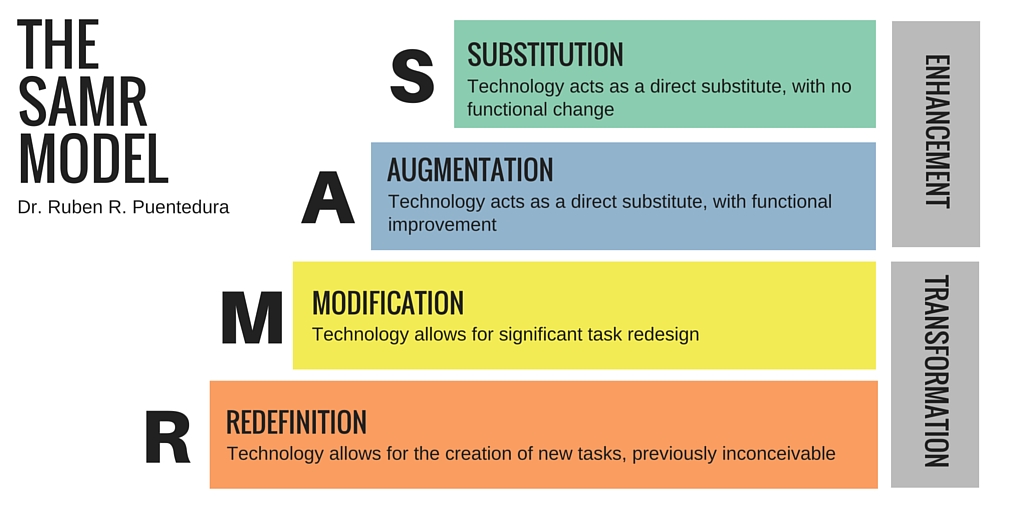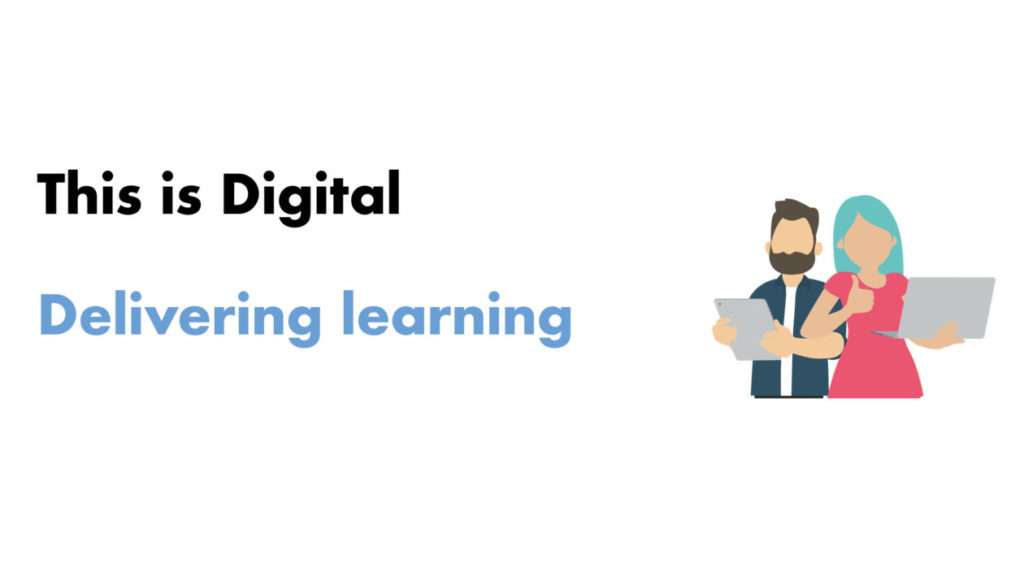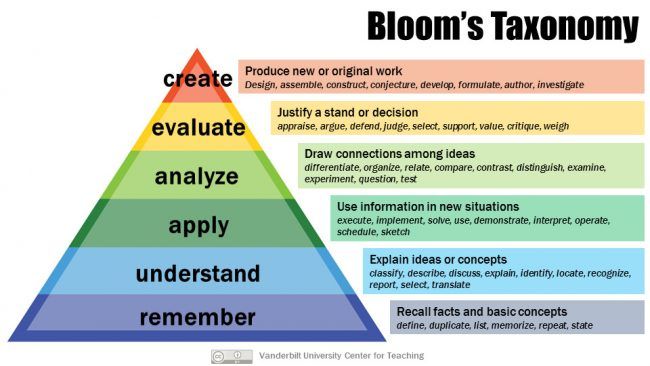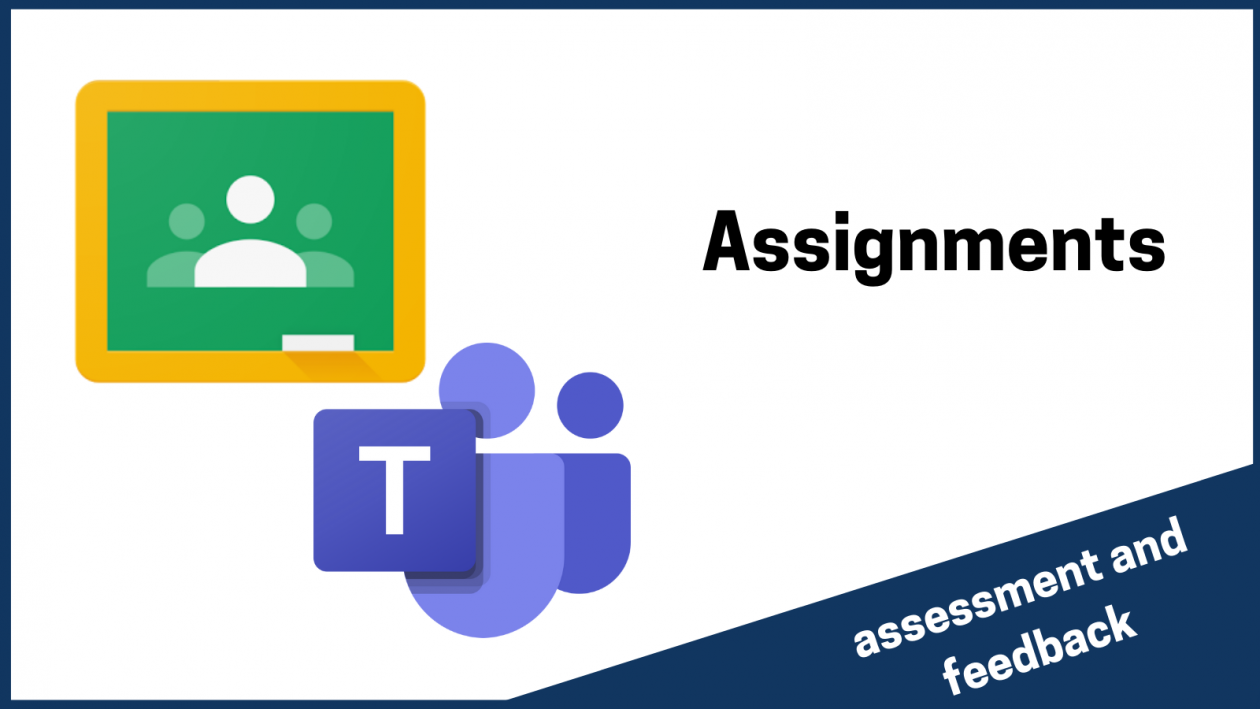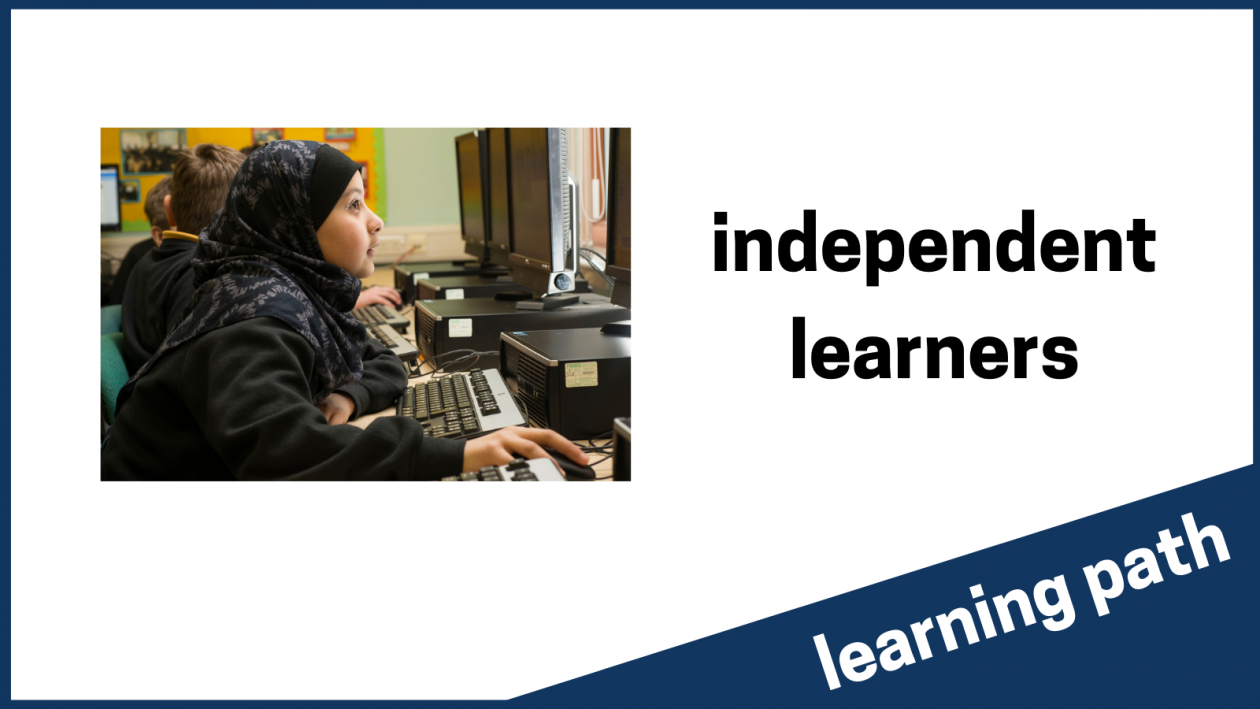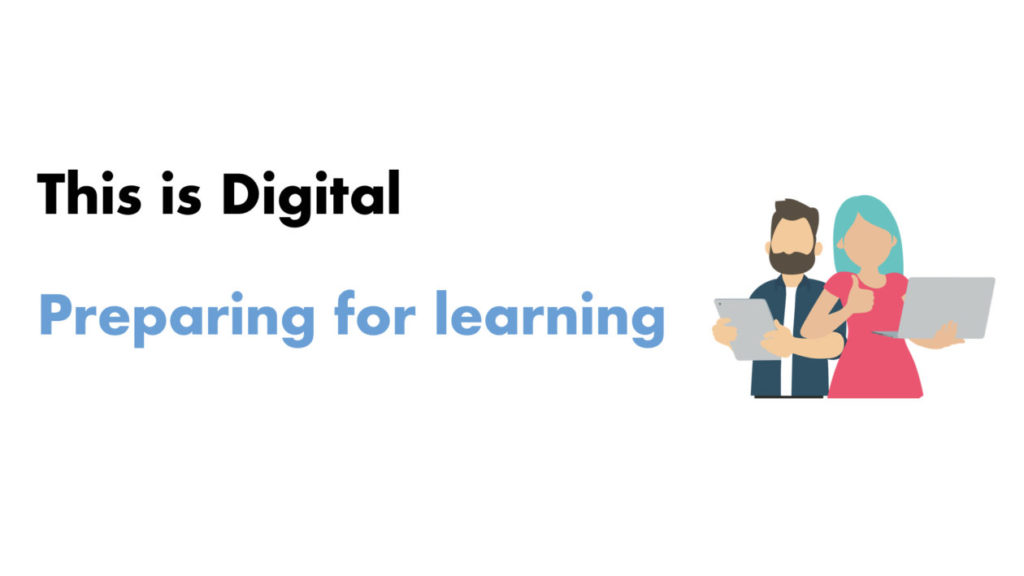What can I expect?
This programme has been designed using Rosenshine’s principles of instructional design: smaller steps, revisiting prior learning, models of success and questions to check understanding.
Each webinar is underpinned by research and focused on one of the four themes of planning, teaching, learnign and assessment. Participants will be asked to share their thoughts on the theme and then the presenters will offer ideas and a model to scaffold participants’ understanding. The webinar will finish with a ‘call to action’ for participants to identify an idea form the webinar that they will test in their practice.
Preparing
Planning and resourcing
Delivering
Assessment & feed-forward
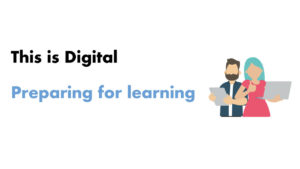 - Back to This is Digital page Reading and watching This episode of CLPL focuses on the rationale for using, or not using, digital technology in learning. An Education Endowment Foundation… …
- Back to This is Digital page Reading and watching This episode of CLPL focuses on the rationale for using, or not using, digital technology in learning. An Education Endowment Foundation… …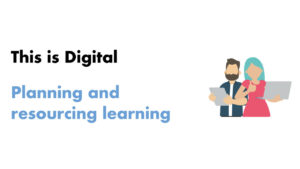 - Back to This is Digital page Reading and watching This episode of CLPL focuses on the elements to consider when planning and resourcing lessons with digital. How does digital make… …
- Back to This is Digital page Reading and watching This episode of CLPL focuses on the elements to consider when planning and resourcing lessons with digital. How does digital make… …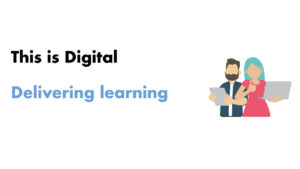 - Back to This is Digital page Reading and watching This episode of CLPL focuses on the elements to consider when designing and delivering lessons with digital. Creativity in the classroom… …
- Back to This is Digital page Reading and watching This episode of CLPL focuses on the elements to consider when designing and delivering lessons with digital. Creativity in the classroom… …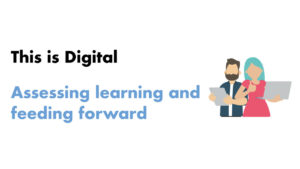 - Back to This is Digital page Reading and watching This episode of CLPL focuses on the elements to consider when assessing learning and providing 'feed forward'. Using digital technology to… …
- Back to This is Digital page Reading and watching This episode of CLPL focuses on the elements to consider when assessing learning and providing 'feed forward'. Using digital technology to… …What do I need to do or know?
Participants are required to take an active role in sharing their current practice, as well as their own personal successes and failures. The aim being that we build a community of support and guidance, helping everyone involved reflect upon where they are now, where they need to be, and how they will get there. It would be expected that some practitioner enquiry take place as evidence of the professional development you have undertaken with us.
The programme meets the GTCS Standard for Career-Long Professional Learning 2.1.1, 2.1.3 and 3.2.1.
Participants should ensure they have an understanding of these documents before attending, as they will be referenced throughout.
GTCS Standard for Career-Long Professional Learning
Technologies: Experiences and Outcomes
European framework for the digital competence of educators
